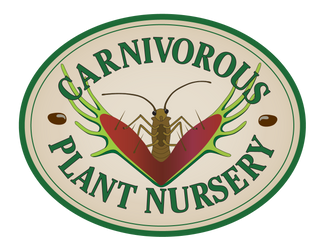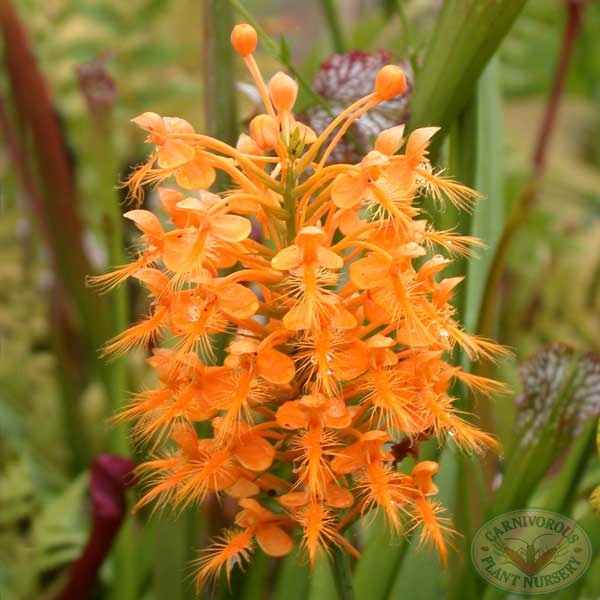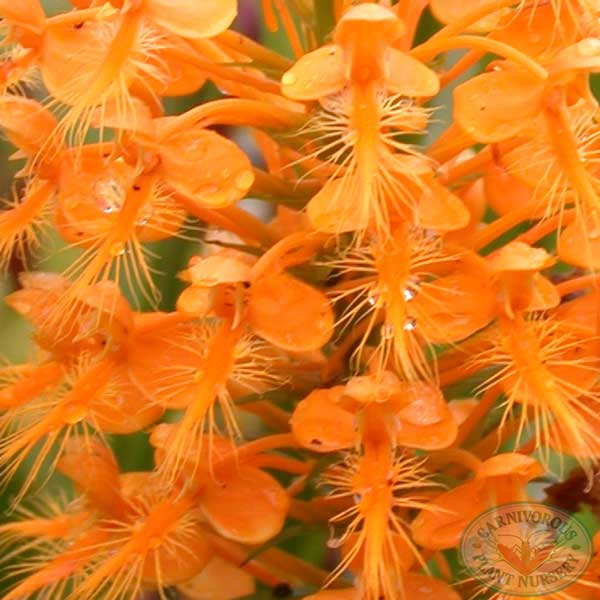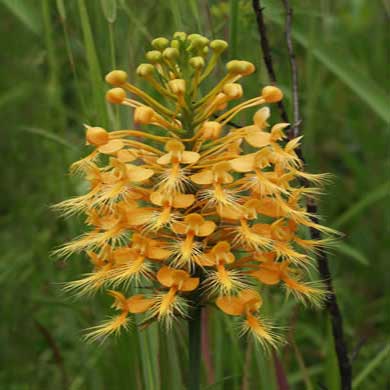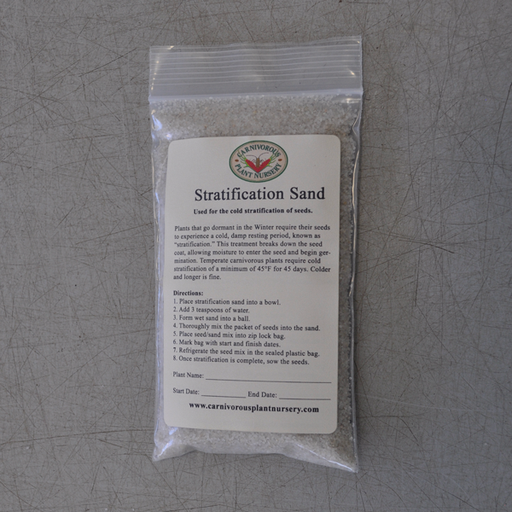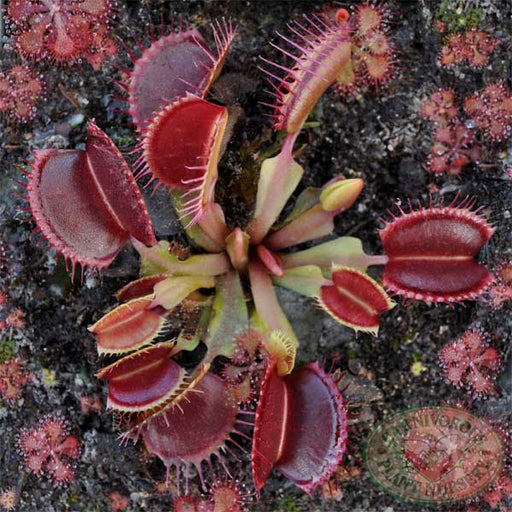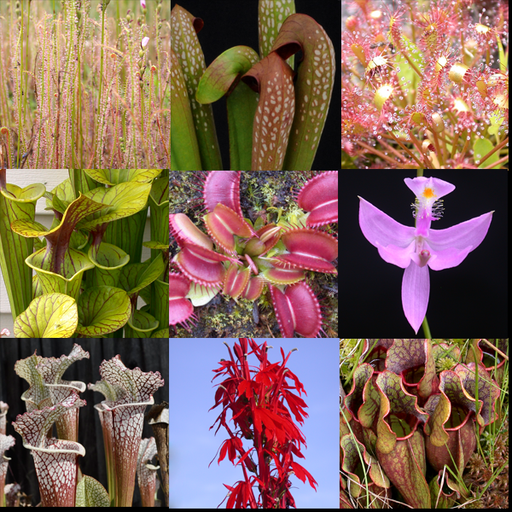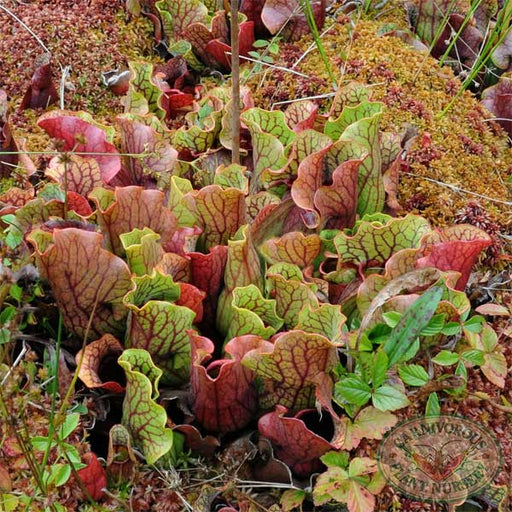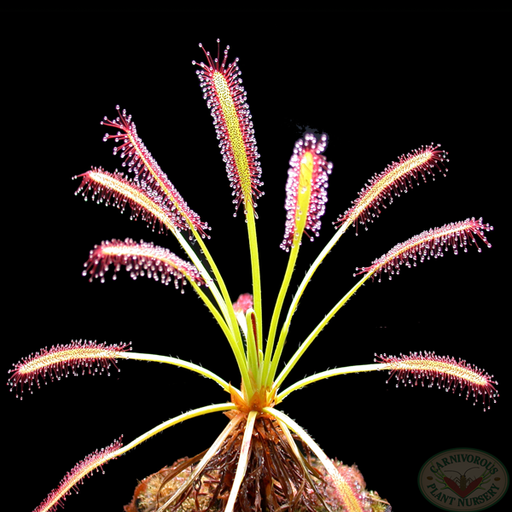Fringed Orchid - Orange Seeds
Ease to Grow: Challenging
Dormancy: Recommended
Native Range: Peat Bogs of Eastern North America
Zones: 4-9 (3-10)
Orange Fringed Orchid, Platanthera ciliaris, is stunning in the summer bog garden. It has a large, bright orange cylindrical cluster of 30-75+ dainty flowers with showy, fringed lips and long spurs. It is a late summer bloomer, and flowers last for a month or more. Leaves are long and lanceolate, reducing to small bracts with the flower cluster. Flower spikes are tall and benefit from staking, and protection from the wind. Best flowering occurs with plants in full sun, shade tends to reduce flower size and abundance. It is a bog plant which grows in open, acidic bogs with sphagnum moss, but is adaptable to drier, upland conditions, as long as the soil remains damp during flowering. It does best in wet conditions, and frequently sends out a stolon budding small plants. It is an adaptable and vigorous grower. Seeds are very fine and can be a challenge to germinate. It is winter hardy, and should be protected from rodents during dormancy. Mulch with 4+" of pine needles in the Fall. Leave at least a 1" of needles after spring cleanup. The rhizomes can be stored in damp sphagnum at 35°F (2°C) in a refrigerator for 3 or 4 months. Water with rain/distilled water, they are sensitive to mineral buildup. It spreads nicely and grows well among pitcher plants. It is nearly identical to the White Fringed Orchid in all respects, except color. It is a late summer star in the bog garden, and makes good cut flowers.
Seed Packs are fresh harvested in the Fall, and stored refrigerated. Seed count is approximate, but reliable. For bog orchids seed count is actually 100-250+ per pack, as these seeds are dust-like and too small to count.
Note: Stratification is required to prepare seeds for germination. We recommend using our Stratification Sand. All seeds are produced from open pollination within our collection. Some cross pollination among different cultivars may occur. Native orchid seeds require the presence of commensal fungus to properly germinate and grow. Growing carnivorous plants from seeds is best suited for the experienced and patient grower. See our webpage on Growing CPs from Seeds.
Height: 8" - 16"
Plant Type: Perennial, cold temperate
Soil: Bog Orchid Mix
Soil pH: 4.5-6
Light: Full to Partial Sun
Use: Grows best outdoors in the bog garden or pots.
